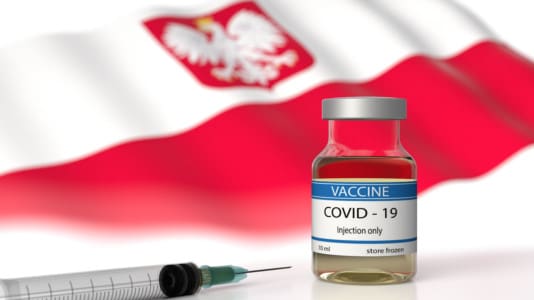German Foreign Minister Annalena Baerbock said on Wednesday during her visit to Riga that “Russia’s war against Ukraine can only end with a Ukrainian victory.”
Her Latvian hosts have apparently been eager to hear the encouraging German message, but in reality, the Green Party politician’s statement is of no small concern. First, it is worth remembering that Ms. Baerbock was already celebrated as a future chancellor by Germany’s friendly press by the time the campaign revealed that she was altering her resume and giving many signs that she was not the sharpest tool in the German political box. She still became foreign minister of the biggest economy in Europe — the left seemingly do not care about her lack of experience.
So, Ms. Baerbock may have yet to learn that what politicians claim will happen do not necessarily actually happen, not to mention it is a war that is not being fought by Germany anyway, so the country has a moderate impact on its outcome. At the same time, Germany’s left-wing government has set the goal of German energy independence, but this lofty vision is also highly questionable (more on this later).
[pp id=33353]
More worrying than the above, Baerbock continued: Germany is ready to provide military assistance to Ukraine in the medium and long term, “whether for three months or three years.” It should go without saying that the German foreign minister does not seriously expect that the war will last for three years and that her country will send weapons to the Ukrainians until then.
Meanwhile, her party comrade, Economy Minister Robert Habeck, urged the Germans to save energy, with Germany’s best-selling Bild newspaper writing that it is completely unnecessary to bathe every day, because if left alone, the skin cleanses itself, and it is enough to wash only a few areas of the body.
The above “advice” article gives a taste of how difficult a position the war in Ukraine has put German politics and Germany in general. Politicians, on the one hand, following good liberal traditions, criticize each other nearly daily within the governing alliance, while also attempting to position themselves as the greatest defender of Ukrainian interests. They are nevertheless all failing to provide the German people with much-needed explanations. Germans and Western Europeans, who are already struggling with high energy prices, cannot be expected to give up their living standards for years in the pursuit of lofty goals, especially since these goals are not entirely clear.
[pp id=32735]
Chancellor Olaf Scholz is facing a clearly unenviable position. On the one hand, Ukraine has an extremely aggressive ambassador to Germany, who is highly active in the German press and social media, while on the other hand, the Kyiv leadership is asking for help from Europe by admonishing anyone who raises any concerns or objections. Scholz did not like the fact that he was told in Kyiv that they would not accept a visit from the German president because of what they thought were his “objectionable Russian connections.”
Meanwhile, the U.S. defense spokesman talked about the fact Ukraine has already received planes and parts from the West, although without specifying who sent exactly what. The Biden administration, which has a special relationship with Ukraine anyway because of the president’s shady affairs, is ready to arm Ukraine for any length of time and fight this war until the last Ukrainian soldier.
Realistically, however, there is no other way than for the Russians and Ukrainians to sit down and negotiate. It may not matter to Joe Biden and his circle how much Europe is crippled by the war, but we do, and we know that following the present course will only make everyone in Europe losers in the end.






